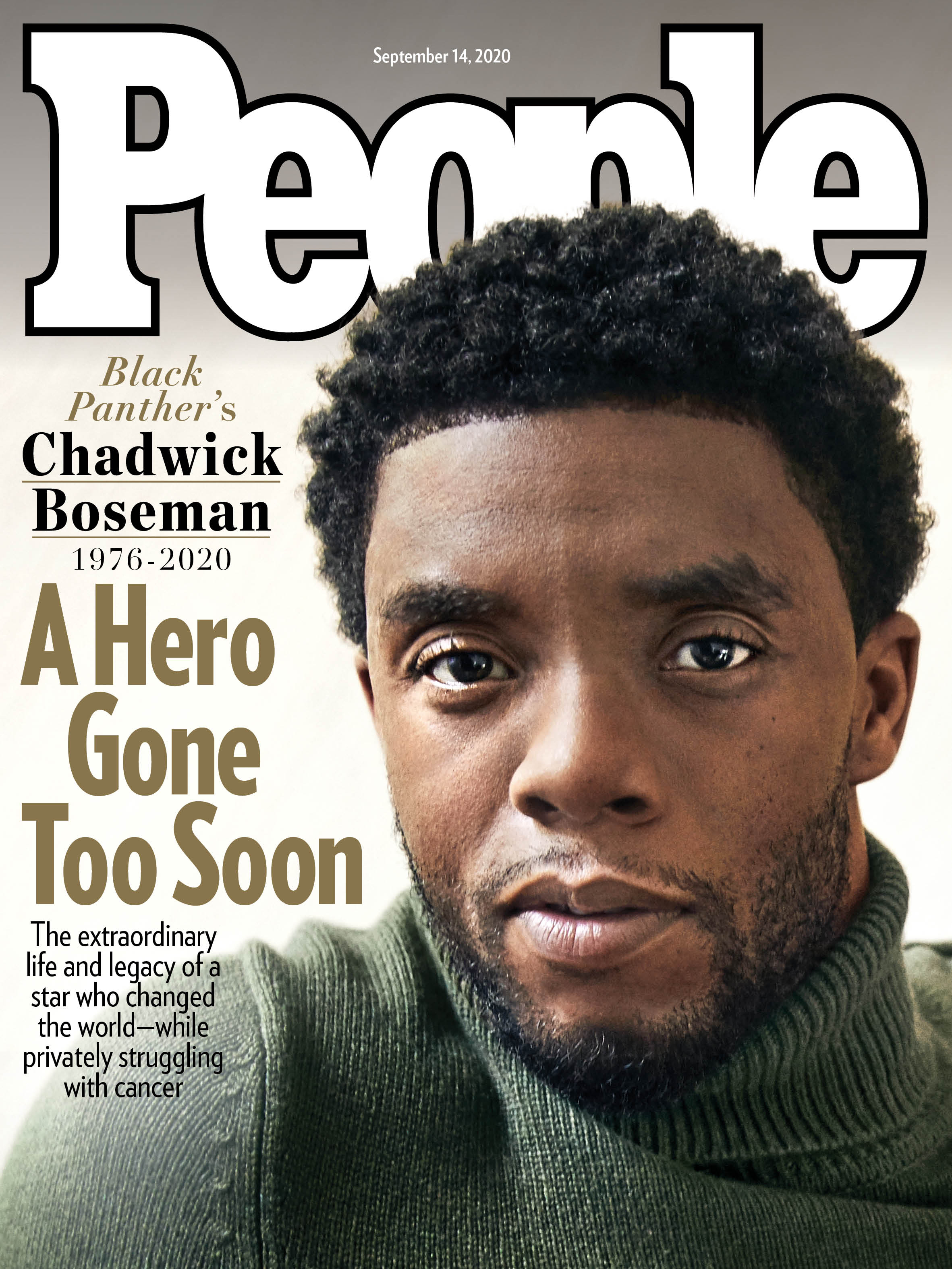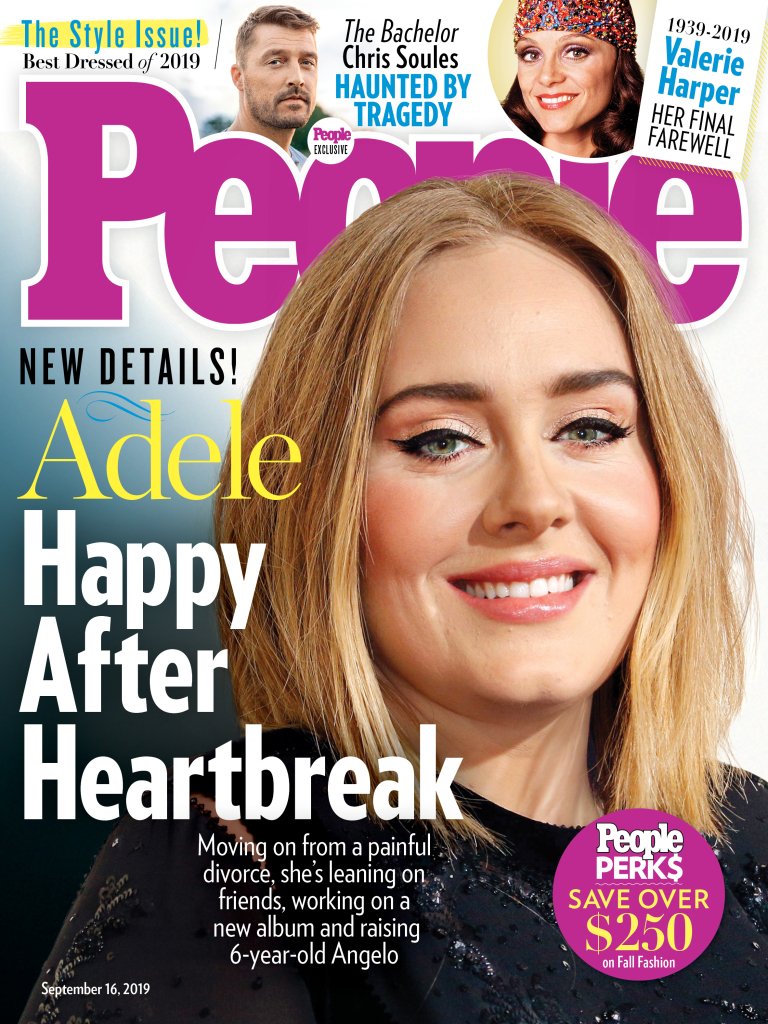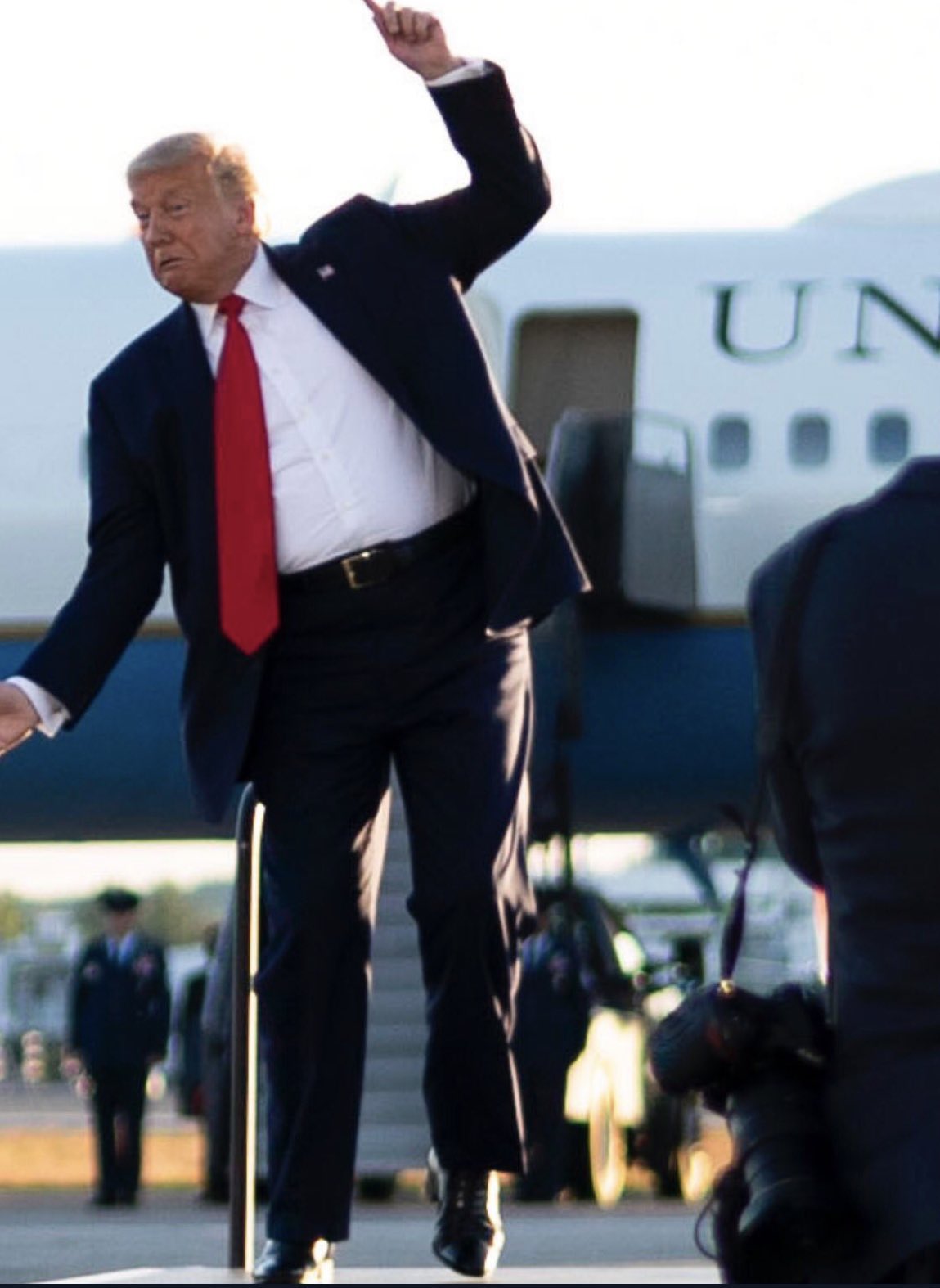Chadwick Boseman: The beloved star dies unexpectedly from cancer at
age 43
Meghan Markle and Gloria Steinem: Meghan sits down for an interview with Steinem. Prince Harry, who has been talking about his nice backyard, is also a possibility
Katy Perry and Orlando Bloom: Their daughter was born
Brad Pitt: Is he dating German model Nicole Poturalski? (She's 27.)
Giancarlo Granda: The so-called Pool Boy in the Jerry Falwell Jr. story
Chasten Buttigieg: Pete's husband has a book coming out tomorrow
Alice Johnson: Donald commuted her prison sentence in 2018 after a lobbying campaign by Kim Kardashian, then on Friday, the day after she spoke at the RNC, he granted her a full pardon
Victoria Huber: The owner of a full-service bridal salon that was destroyed by Hurricane Laura, she's become the face of people suffering in Louisiana
Mariah Carey: Her memoir, titled The Meaning of Mariah Carey, comes out September 29
Melania Trump and/or Stephanie Winston Wolkoff: Wolkoff's book, titled Melania and Me, officially comes out tomorrow but review copies are out there and its getting a lot of attention, in particular some juicy gossip about the relationship between Melania and Ivanka. On Good Morning, America this morning, Wolkoff said, "There's nothing in the book that I can't back up, not one word, and Donald and Melania know that." Wow.
I've had Melania on the Guessing Game list periodically throughout Donald's presidency, but as I've said here before, since the 2016 election, there has been not one word about Melania on the cover of People. There was one cover story during the campaign:
Issue dated October 15, 2015 (Read the story here)

... but since the election there have only been three covers featuring anyone named Trump:
Issue dated November 21, 2016

Issue dated July 31, 2017

Issue dated April 2, 2018

Will People put Melania on the cover this week? Probably not.
Kellyanne Conway: In other Trump-related news, today is Senior Counselor Kellyanne Conway's last day at the White House. To mark the occasion I'll share a tweet from Inauguration Day:
God bless the gay stylist who lied to Kellyanne Conway: pic.twitter.com/HQmnONJ17x— Desi (@DesiJed) January 20, 2017
Stories that appear on the new cover will be highlighted in green.
Update. Niecy Nash: The actress married singer Jessica Betts in a surprise wedding
Update #2 on Tuesday night. People publishes the new cover early; as expected it's what they call a "Tribute Cover," recognizing a celebrity who has died:
Issue dated September 14, 2020: Chadwick Boseman

Last year at this time: Issue dated September 16, 2019

Note: there will probably be a couple of secondary headlines on the final version of this week's cover.
Update #3 on Wednesday morning: I've now seen a final version of the cover and it does include secondary headlines about Brad Pitt and the Jerry Falwell Jr. scandal, as well as Paris Hilton. If I can find an online copy I'll post it here. The "no Melania" streak is still going strong.
Update #4: This is the final version:




